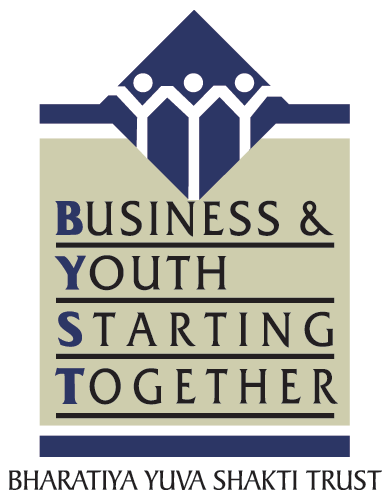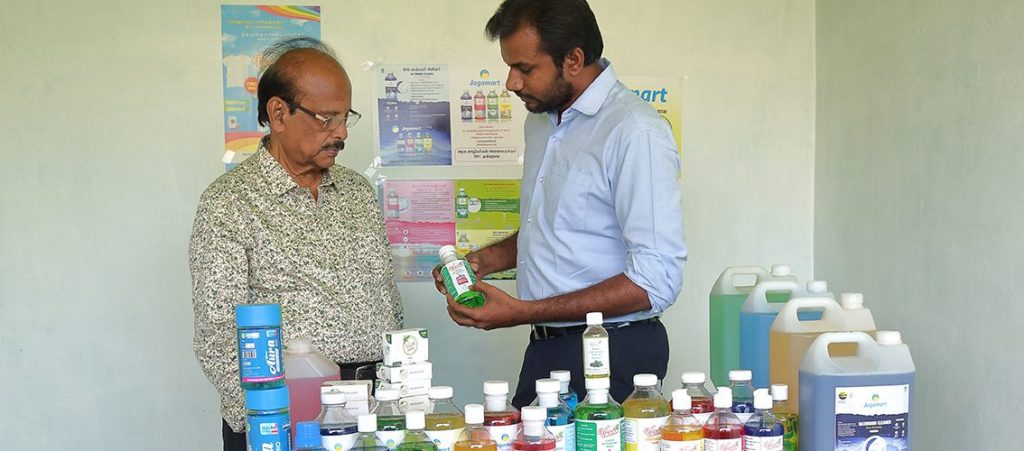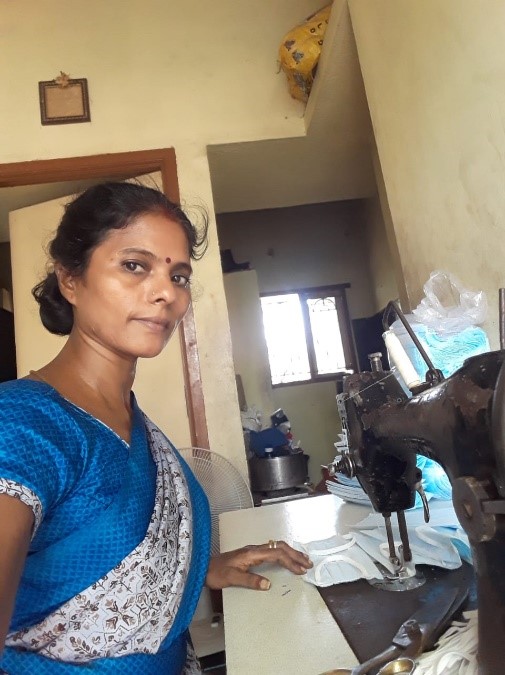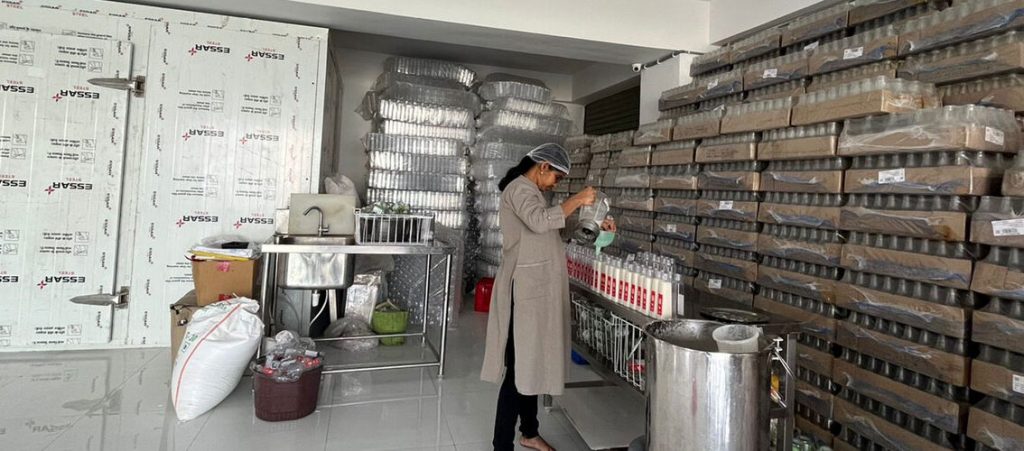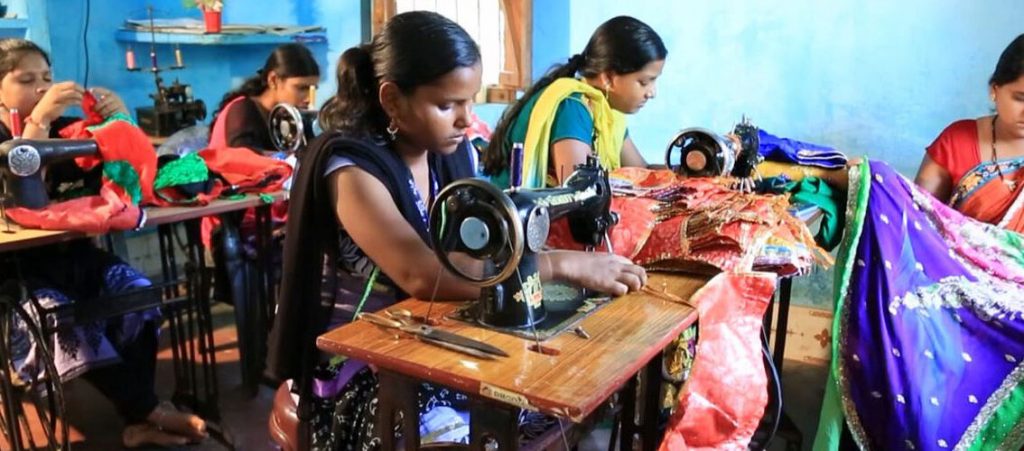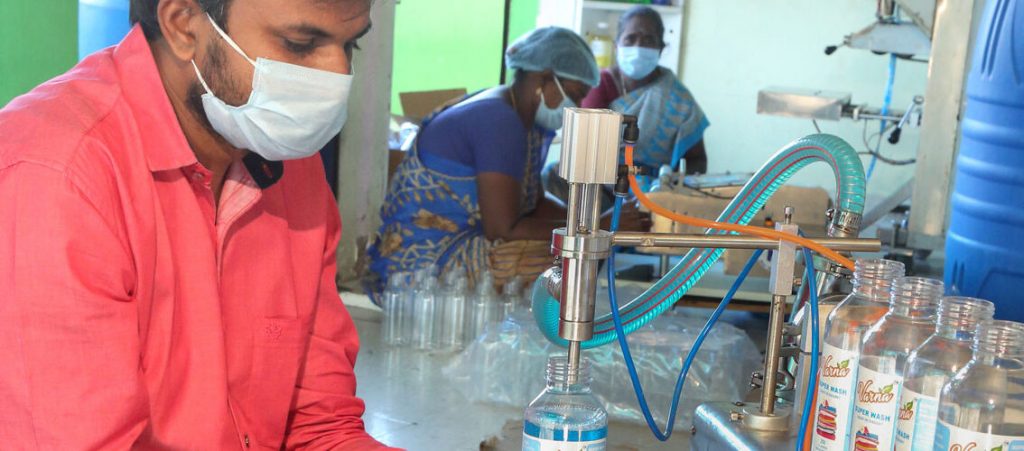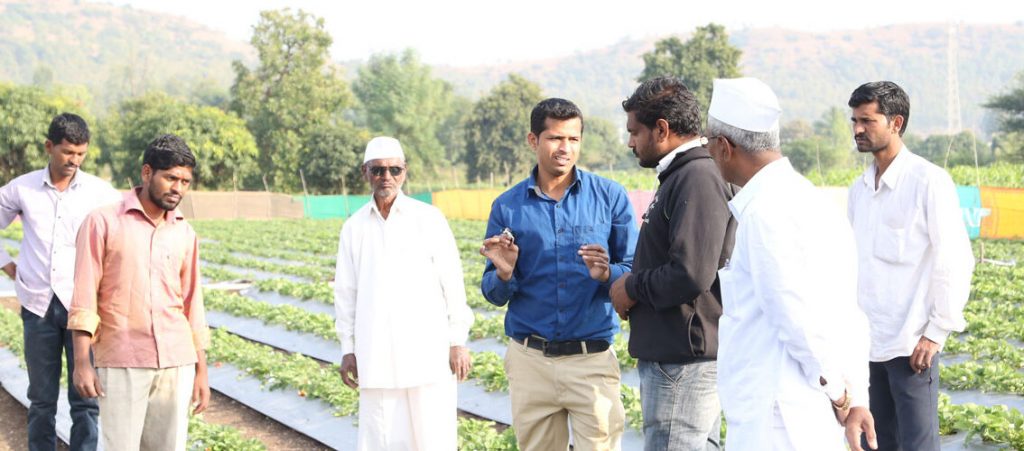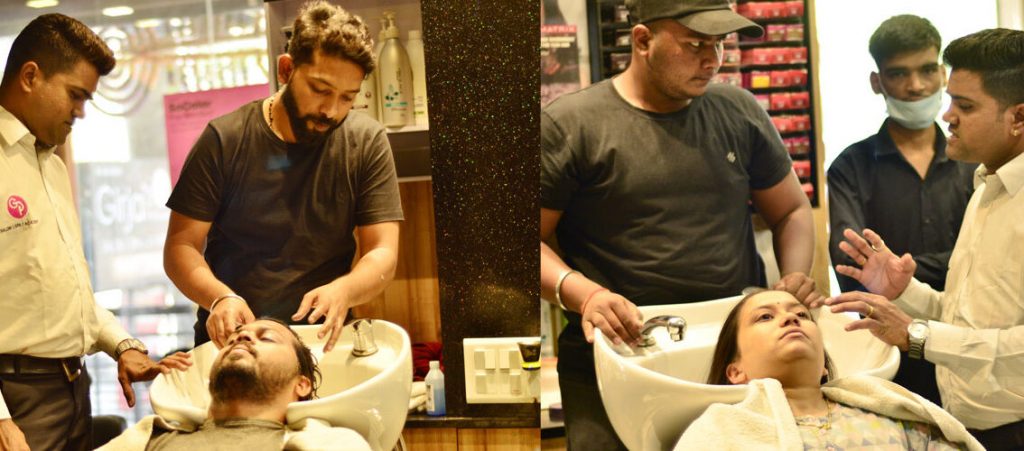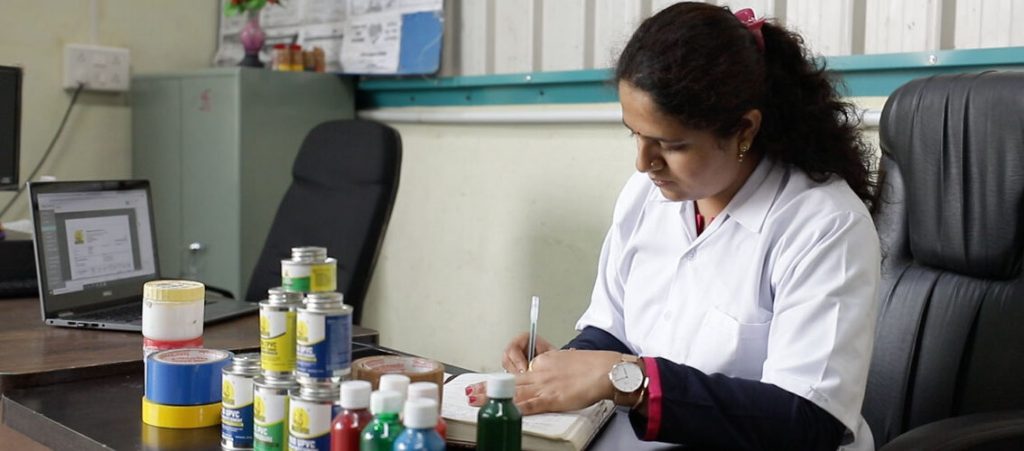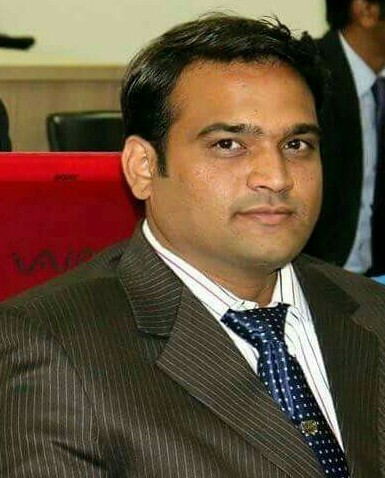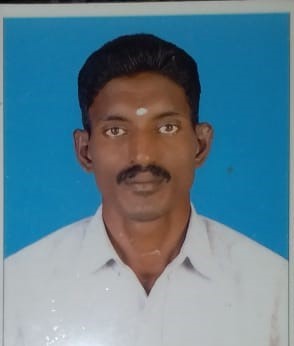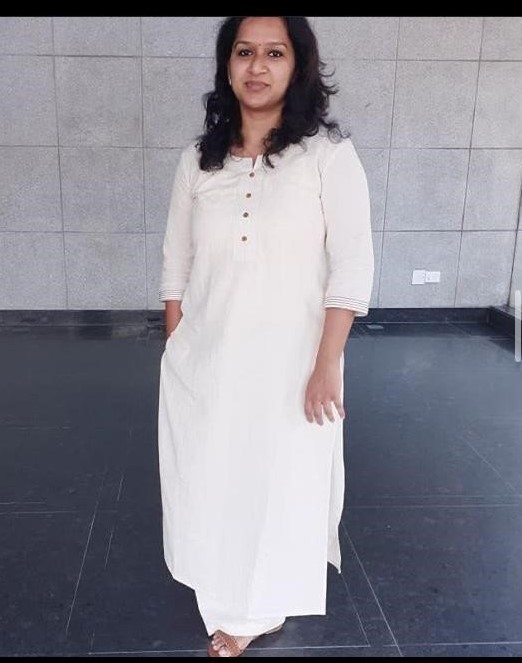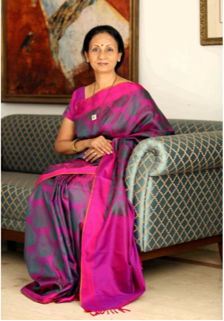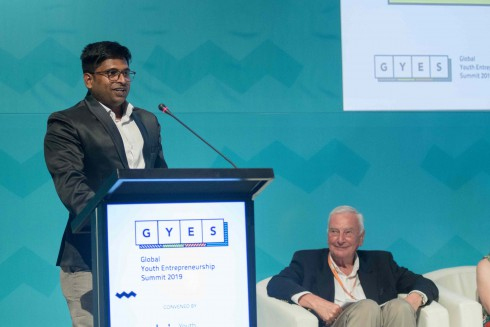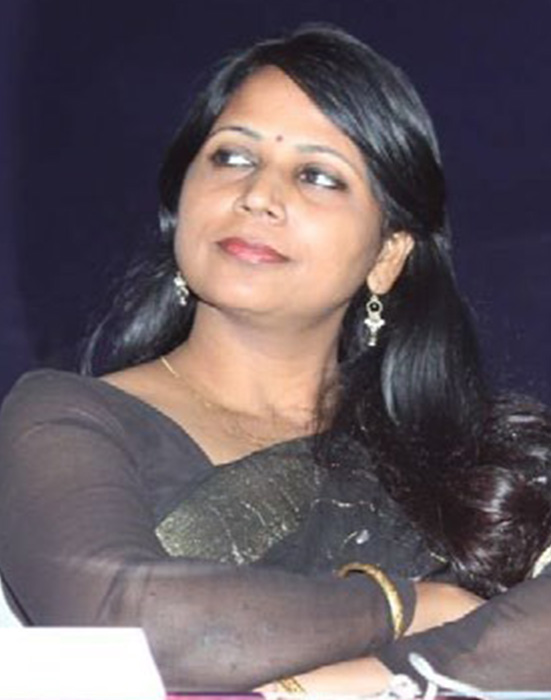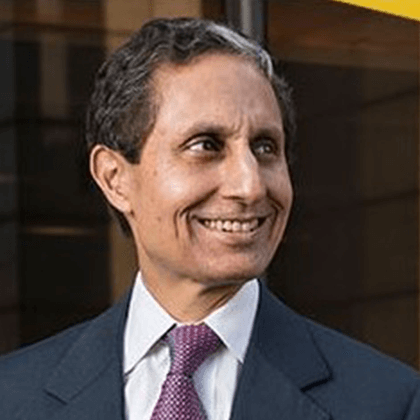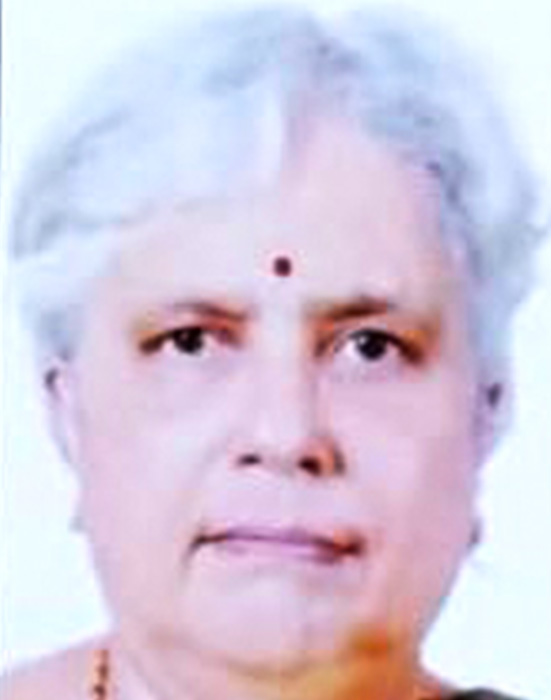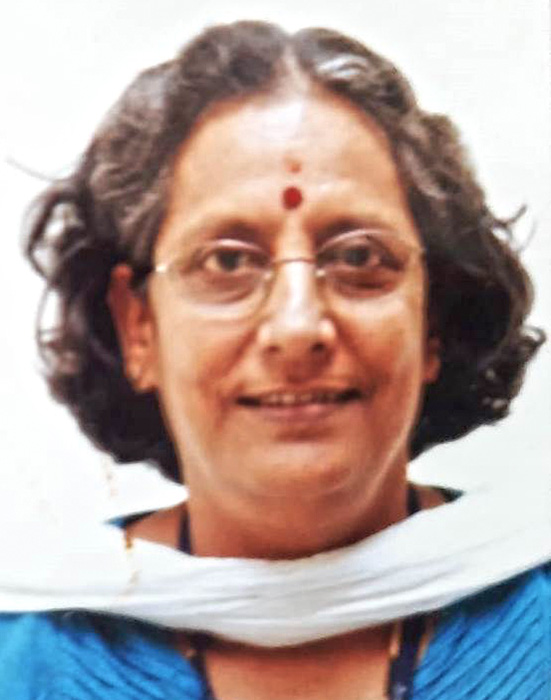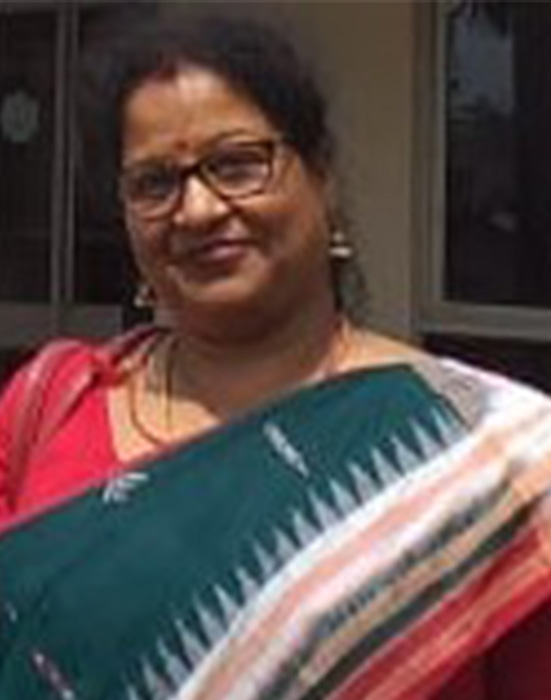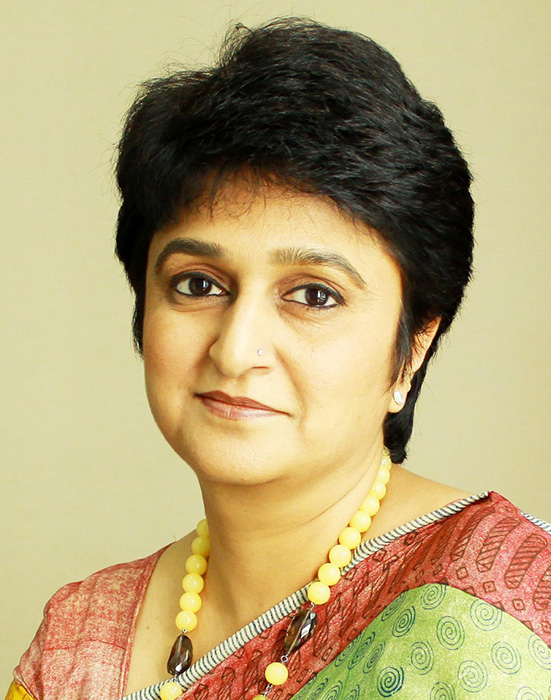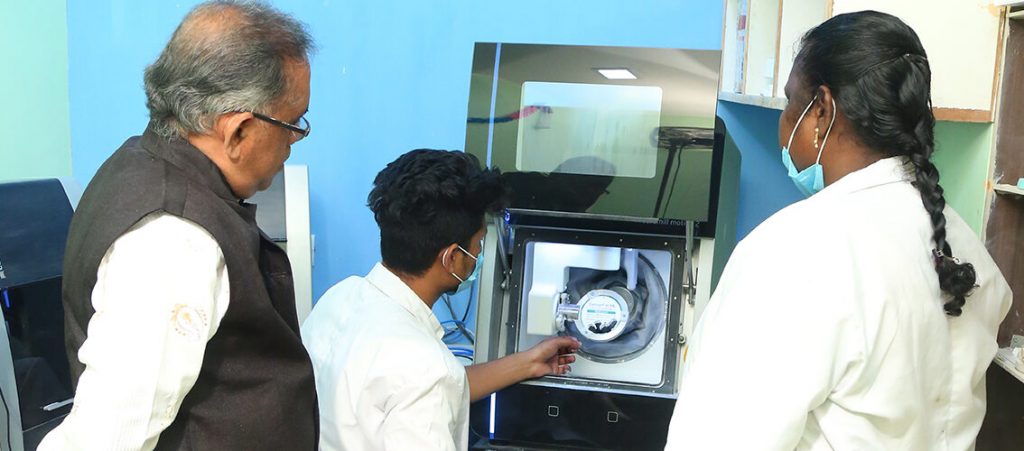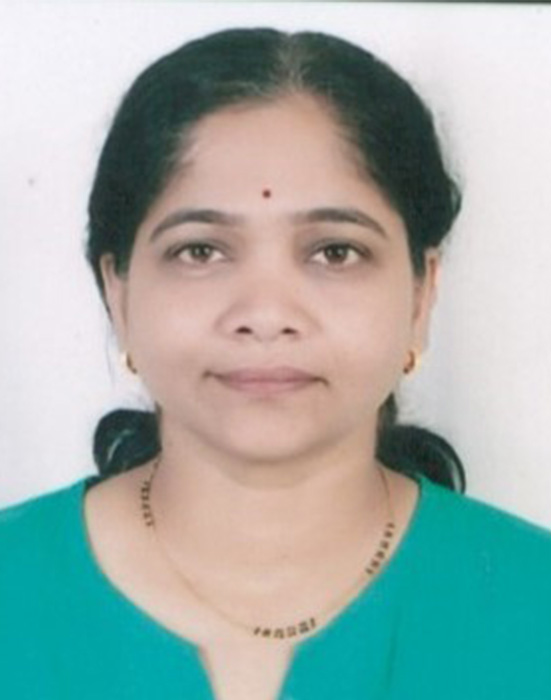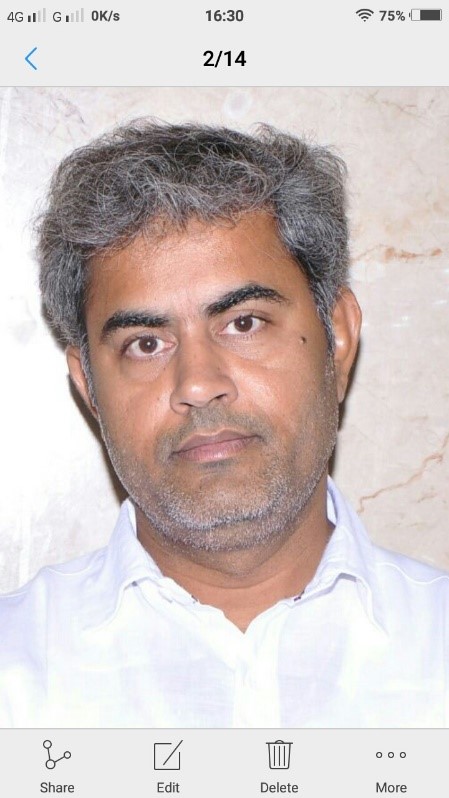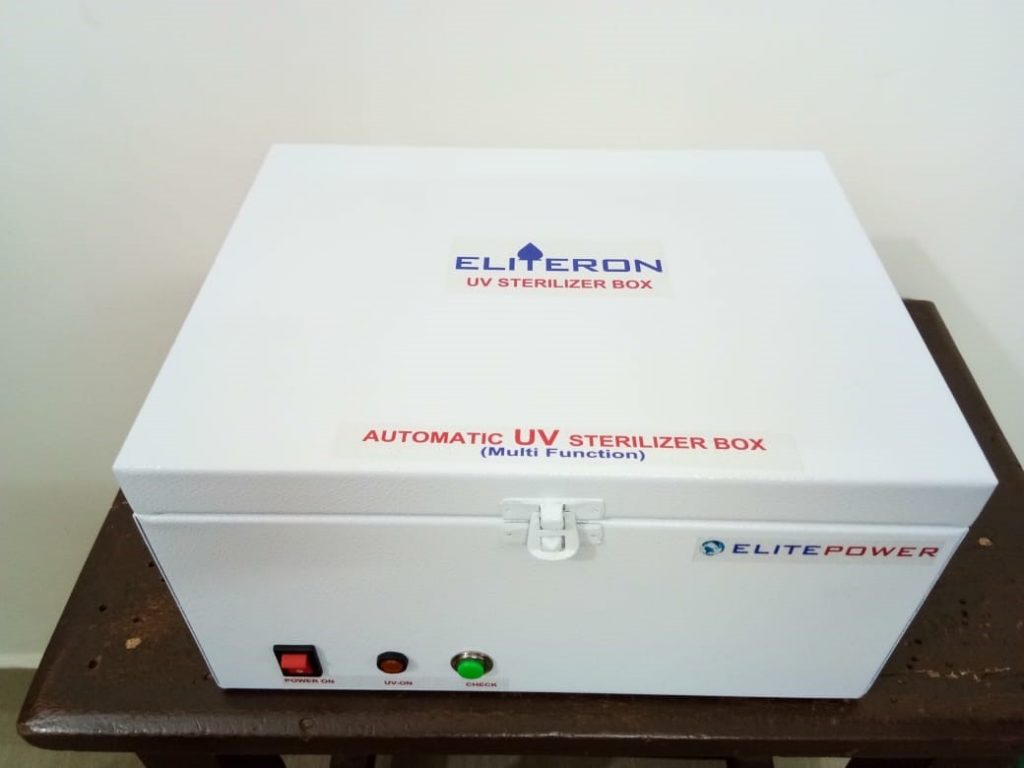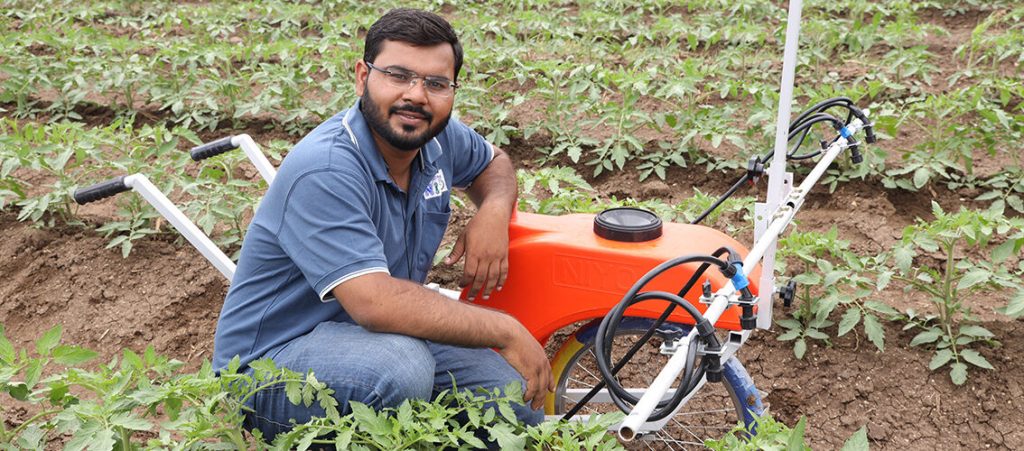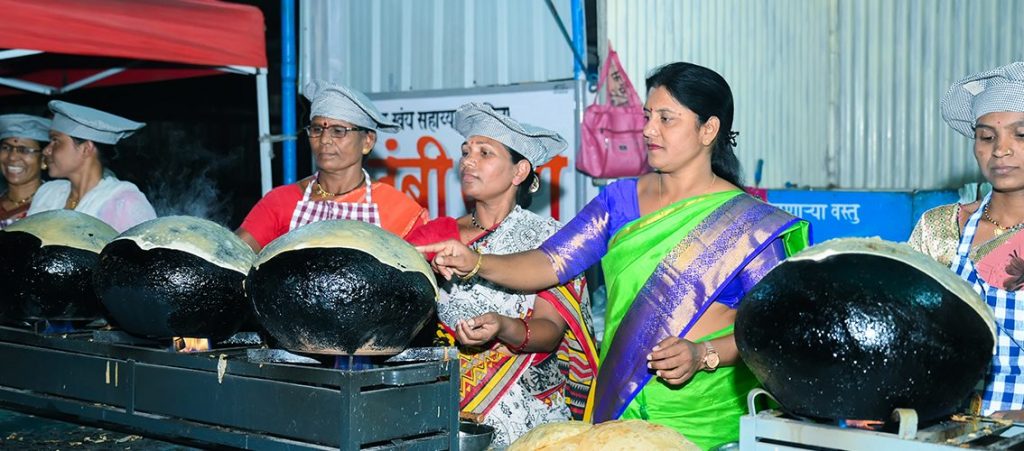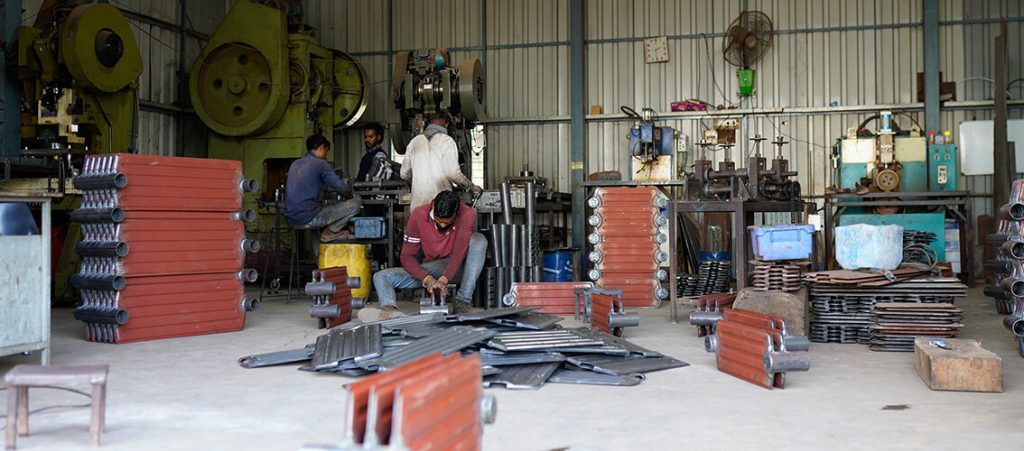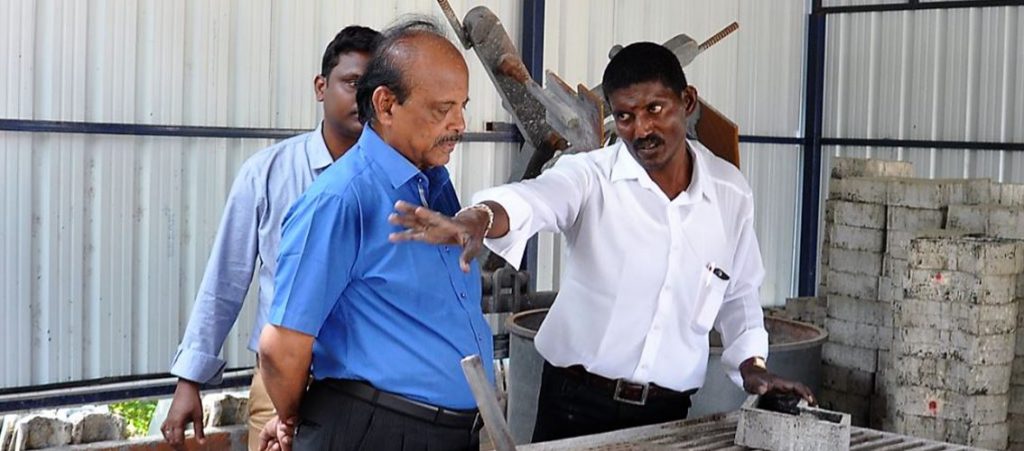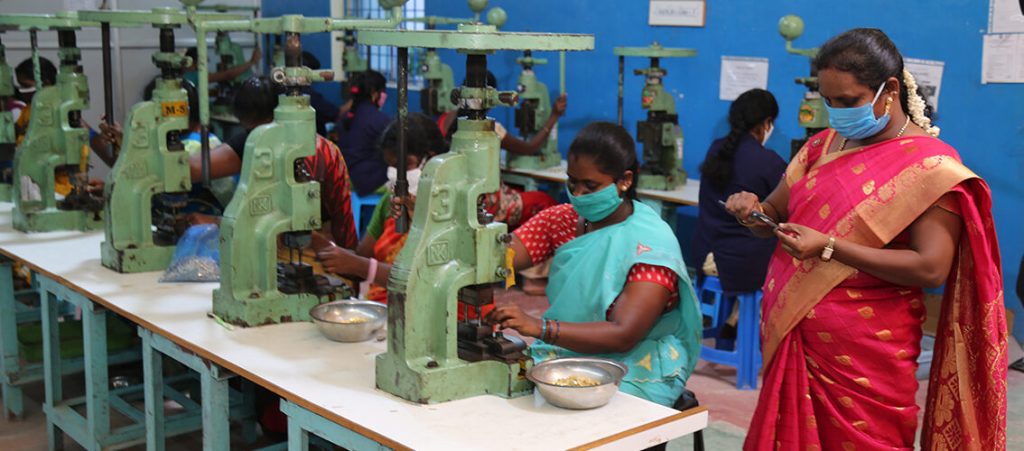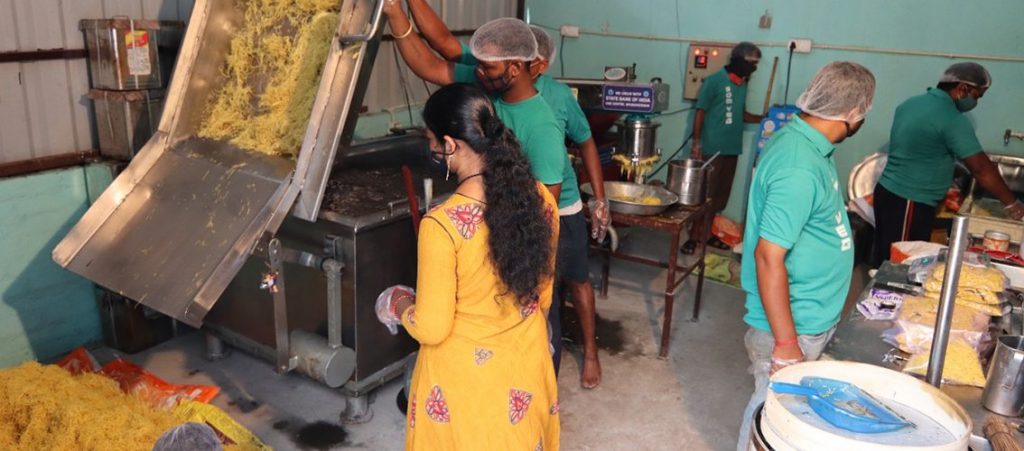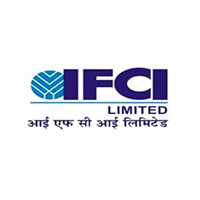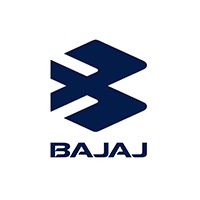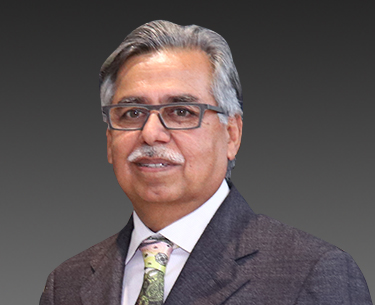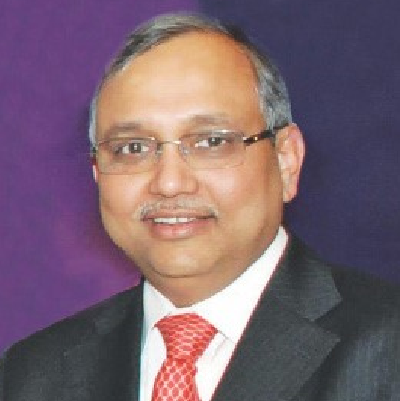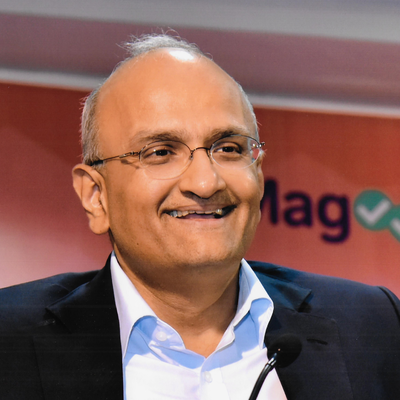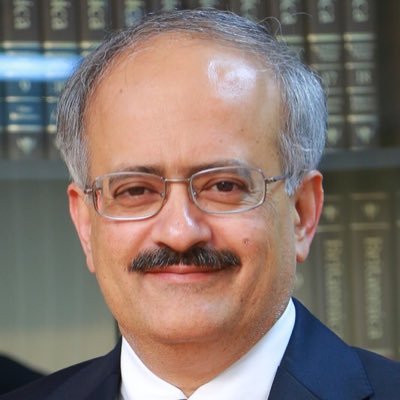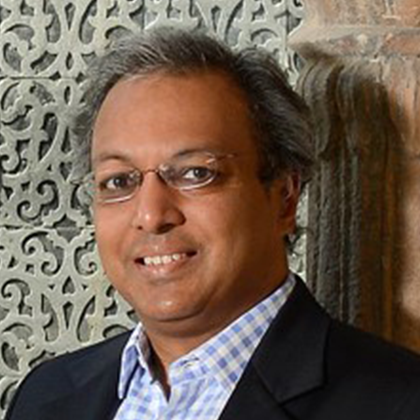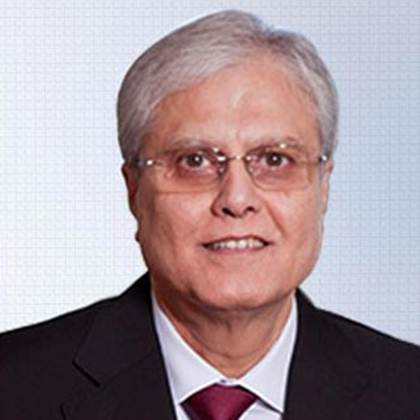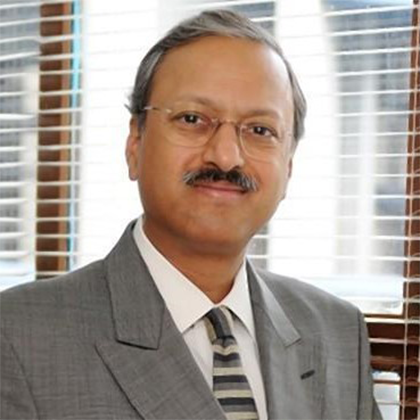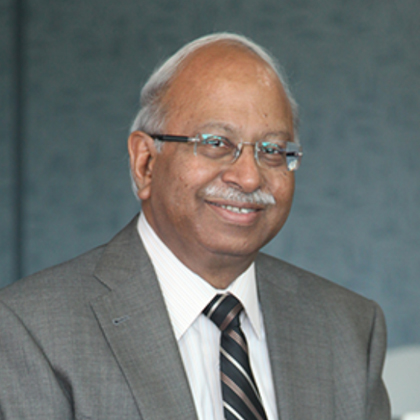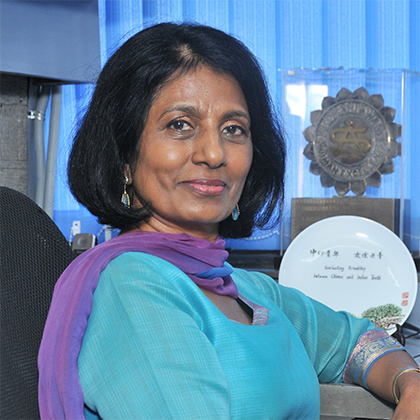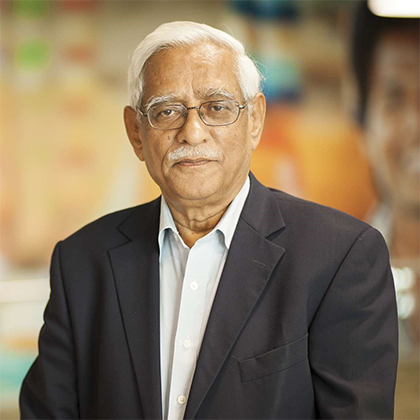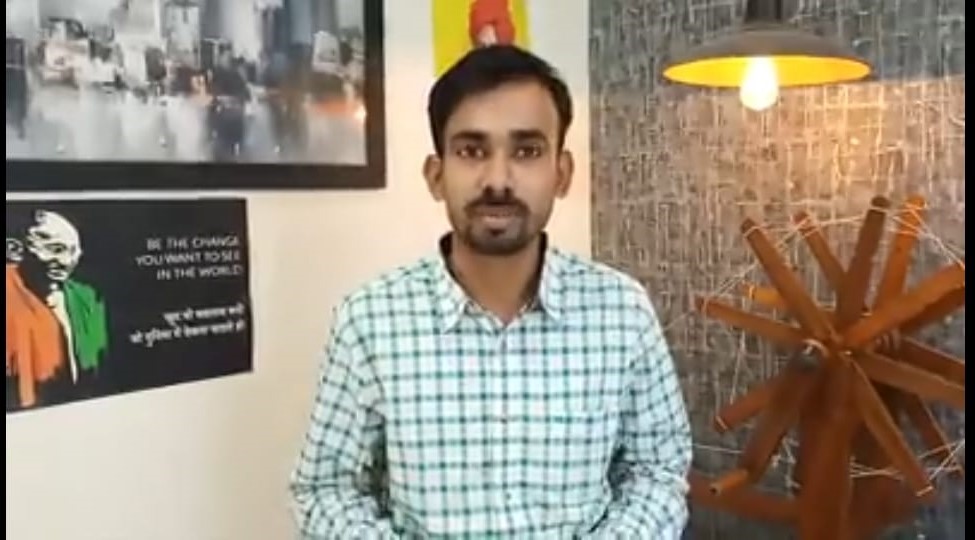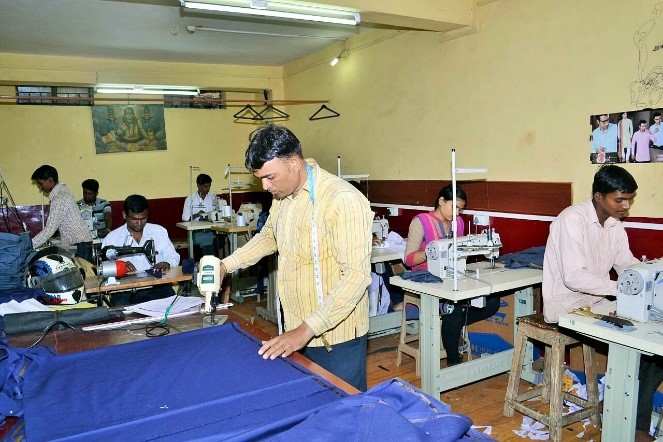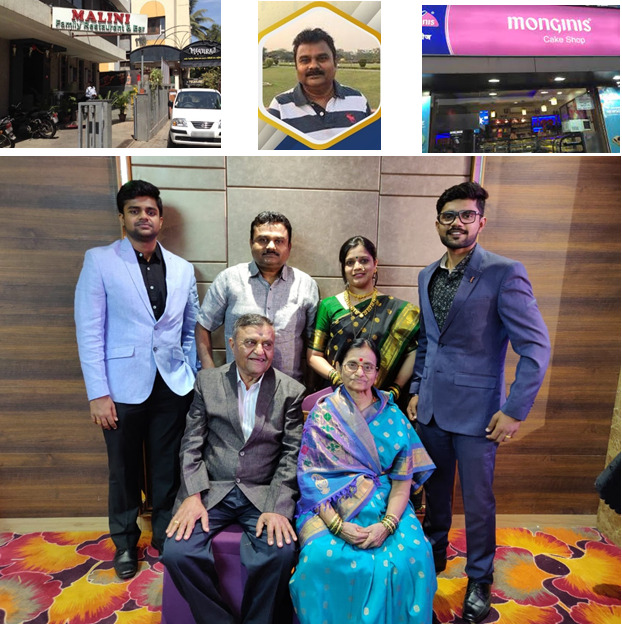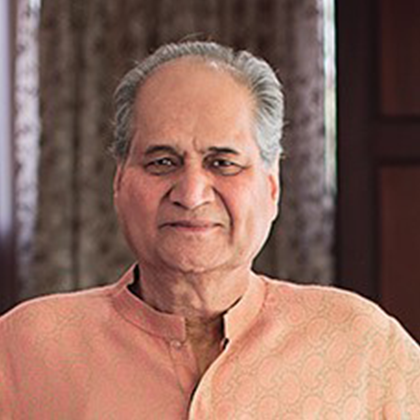Who wants to be an entrepreneur?
Posted Date : 2018-04-25
She is on the lookout for young people who have “ideas, fire in the belly and a spirit of entrepreneurship. People who are keen to make it on their own but have no resources. Nor do they have the benefit of the right advice or mentoring”.
Merely listening to Lakshmi V. Venkatesan, founder-trustee and Vice-President, Bharatiya Yuva Shakti Trust (BYST), would put a wannabe entrepreneur on the right track.
Eight years after the trust was set up in collaboration with the Save Children’s Fund of London and after putting over 600 entrepreneurs on track to realise their dreams, Lakshmi concludes that “most young people in India today are lost”.
Youngsters might have the potential but “the problem is that they are in a maze. Many entrepreneurs who come to us have ideas but no money and they don’t know where to go”. Each one comes with his/her own story… `I’ve gone to the bank and they threw me out.’ `I begged, borrowed and stole to start this business venture but I’ve not made any progress. It is almost dying and I’m stuck. So what do I do?’
The BYST, which has a corpus of about Rs 6 crore and functions from the interest, can give a maximum of Rs 50,000 to an entrepreneur for starting a business venture. But to qualify for the loan, he/she must go through an exhaustive session with the selec tion panel. The interest is pegged to the prime lending rate for the small sector at about 12 per cent. The repayment rate is 95 per cent.
As Lakshmi points out, it is not always necessary for the BYST to give a loan to the entrepreneur. “The idea is not to say `you belong to the BYST or you don’t belong, so bye-bye’. Our regional representative tells the youngster (qualifying age 18-35) t hat `Look, you have the collateral, so a bank will help you. By the way, we know that Bank of Madura helps such cases, or the Global Trust Bank will be interested in funding your venture’.”
If the entrepreneur falls within the parameters of the BYST and comes from an economically disadvantaged section, he/she is eligible for a loan up to Rs 50,000. For others, the BYST does counselling and signposting. Its applicants come through NGOs, ITIs and other grassroots organisations.
Beneficiaries do not necessarily have to be graduates although functional literacy helps. On an average, BYST beneficiaries have studied up to Std. X and about 20 per cent are graduates. “The problem with education is that it sometimes takes away the sp irit of entrepreneurship in young people. At the end of their degree, they come to us and say, `I have a degree in commerce or philosophy, tell me what to do’. We tell them that is career-counselling for which we are not here. We are here for entrepreneu rs,” says Lakshmi.
Kamlesh, one of BYST’s first and reasonably successful entrepreneurs in Chennai, had studied only up to Std. VIII and was working in a mechanic’s shop. He told the BYST that 5 km down the same road there was nobody doing spray painting. If he set up a un it there he would get customers. “He knew his market and he had the skills. He had managed four people in his job and said he was ready to become boss. Now that is an entrepreneur,” she adds.
The BYST gave Kamlesh only Rs 14,000. But it also gave him a mentor who told him that enthusiasm was fine but he would need more to set up a successful unit. The youngster was explained about the need to keep his unit clean as quality products cannot eme rge from a dirty and greasy shop.
“He was taught simple house-keeping. Now he has brought in his cousin, who has set up a tinkering unit across the road, and between them they get hold of cars which require both tinkering and painting.”
Kamlesh has started a second unit in Chennai, bought land, employed eight people and rehabilitated his cousin. He is a recipient of the JRD Tata award for the best entrepreneur.
But, perhaps, the best success story of BYST is a budding crorepati in New Delhi, Pradeep Lumba, who set up a unit for manufacturing corrugated boxes in 1994 with a loan of Rs 50,000 from BYST. Employing 16 people, his turnover has reached Rs 95 lakh and , next year, when BYST celebrates its 10th anniversary, it hopes to have its first crorepati-entrepreneur.
But it was not an easy ride for Lumba. Somewhere along the way, when his turnover was Rs 40 lakh, a fire in his unit almost destroyed the venture. But, thanks to an excellent mentor in Brig. Sowcar from J.K. Corp, who did some very timely and effective h andholding, Lumba has put the setback well behind him.
T.L. Viswanathan, a Chennai industrialist and Managing Director of Elcot Vistas, is one such mentor who gives quality time to his wards. Currently chairman of the BYST selection panel, he is the mentor for Bala Murugan.
With two diplomas from an ITI, Bala came to BYST in 1996 with a proposal for manufacturing electronic products. He had no working capital and applied for a loan of Rs 50,000. A sum of Rs 20,000 was released within a month and, with Rs 30,000 of his own s avings, Bala started his venture from a rented place. Within a year his turnover crossed Rs 1.5 lakh. His profit? A whopping 100 per cent.
Bala’s products are innovative enough; an electronic device that automatically switches on and off the water pump and a fake-note detector among others. His present turnover is Rs 31 lakh; he employs 19 people and his monthly wage bill is Rs 45,000.
It is not as though challenges are not there. Free import of such devices means a stiffer competition and a more challenging role for the mentor. But the mentor is certain that, together, they can overcome difficulties. The protege is even more confident … Quizzed about his turnover target for the future, “No limit,” he replies with a confident grin.
The mentor is equally gung-ho. “Of course, you need to give time to the entrepreneur to discuss and understand his problems and find solutions. But this role gives a lot of satisfaction. You are not only a catalyst helping a few individuals; you are hel ping a movement which is very crucial to India today. After all, how many jobs can the Government provide?” asks Viswanathan, who has even had to teach yoga to one frustrated entrepreneur!
Coming to women entrepreneurs, though people such as Sarah Chanda, Vice-President of YWCA and a member of the BYST selection panel, are keen that BYST bends its rules on the age criterion etc. to help more women become entrepreneurs, this hasn’t happened yet. Yes, the dice is loaded against women, admits Viswanathan.
Adds Lakshmi, “For women it is a bigger challenge because starting a business and sustaining it with all the family pressures, children and other responsibilities can be a hassle. Sometimes women do extremely well; at other times they just have to shut shop and go home. The mentoring role is much more crucial in the case of women; and when people like Sarah from NGOs can provide the right type of counselling, the combination really helps. About 30 per cent of our entrepreneurs are women.”
Lakshmi clarifies that BYST’s mission is not to “become an alternate bank. Many people ask us what is Rs 50,000 today? What kind of business can you start with it? But we say that when people like Bala Murugan come to us, our aim is not to become his so lution for the rest of his life. We can’t, and we don’t even try. We can’t go tapping funding agencies”.
But she is certain that there is need for a fundamental change in the mindset of supporting institutions such as banks. BYST entrepreneurs who have a few years’ track-record in business and, more important, in repaying loans should find banks ready to le nd them more to expand their business models.
Unfortunately, banks are hardly ready to lend to such entrepreneurs and demand collateral. While an exasperated BYST chief asks if it was Bala Murugan’s fault that his grandfather did not own land, Viswanathan is baffled that banks are not impressed by t he entrepreneurs’ repayment records.
“We tell the banks we’re giving you readymade entrepreneurs with a good repayment track record. But in the present milieu, because of the growing NPAs, banks are fixed on collateral.”
Small wonder then that one bank agreed to lend a BYST entrepreneur Rs 1 lakh under the Jawahar Rozgar Yojana. But what he got in hand was only Rs 50,000 as the bank put the other Rs 50,000 in a fixed deposit in his name and used that as collateral!
The BYST does face such frustrations. But with partners such as the CII and corporates such as Ashok Leyland, Escorts, the Tata group and interested corporate dons such as a Jamshed Godrej here or a Rahul Bajaj there, it carries on, relentless in its sea rch for entrepreneurs.
